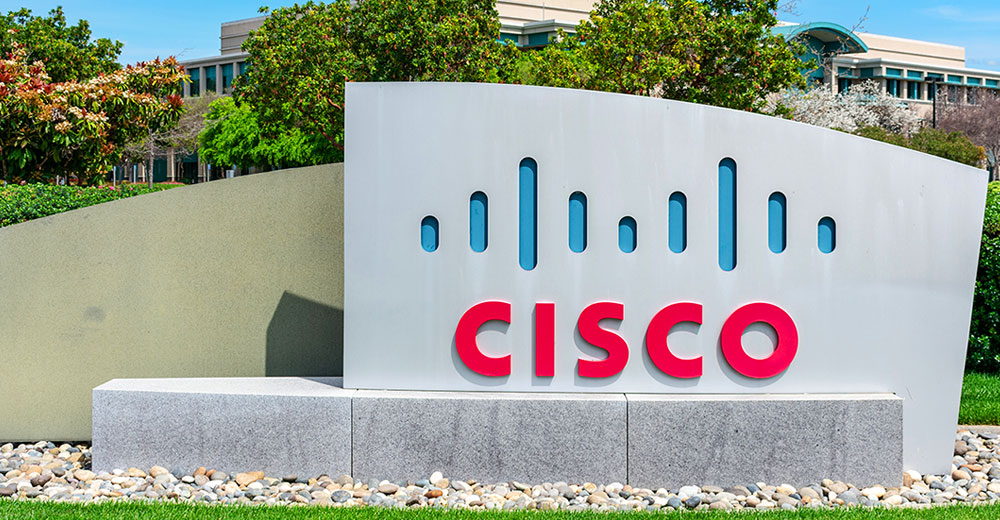In a settlement that could lead to new standards for corporate ethics, Hewlett-Packard on Thursday agreed to finance a new law enforcement fund to fight violations of privacy and intellectual property rights.

As part of the US$14.5 million settlement, HP will also adopt corporate governance reforms. The settlement resolves allegations that the firm used false pretenses — or pretexting — to unlawfully access phone records during its probe of boardroom leaks to the news media.
“The Hewlett-Packard incident has helped shine a national spotlight on a major privacy protection problem,” said California Attorney General Bill Lockyer. “With its governance reforms, this settlement should help guide companies across the country as they seek to protect confidential business information without violating corporate ethics or privacy rights.”
The Privacy and Piracy Fund
The settlement requires HP to pay $13.5 million to create in the Attorney General’s Office a new “Privacy and Piracy Fund” for law enforcement activities related to privacy and intellectual property rights.
The Attorney General and local prosecutors will use the Privacy and Piracy Fund to investigate and prosecute violations of privacy and intellectual property rights. The new fund will help ensure that when businesses cross the legal line they will be held accountable, said Lockyer.
In what marks the beginning of an end to HP’s corporate nightmare, the Attorney General commended the firm for cooperating instead of stonewalling, for taking action and working with his office to expeditiously craft a creative resolution.
“Fortunately, Hewlett-Packard is not Enron,” Lockyer added.
Holding HP Accountable
HP will pay $650,000 in civil penalties and $350,000 to cover the Attorney General’s investigation and other costs.
The settlement’s corporate governance reforms aim to strengthen in-house monitoring and oversight in order to ensure compliance with legal and ethical standards — and protection of privacy rights — during any investigations launched by HP or outside firms hired by HP. The “injunctive relief” provisions that impose the reforms will last five years.
As part of those reforms, a new independent director will serve as the board’s watchdog on compliance with ethical and legal requirements. HP’s chief ethics and compliance officer and its chief privacy officer will also have new and expanded oversight duties.
In addition, HP will establish a new Compliance Council to develop and maintain policies and procedures governing HP’s ethics and compliance program, and submit periodic reports to the CEO, Audit Committee and Board.
HP will also beef up the ethics and conflict-of-interest components of its training program and create a separate code of conduct, for use by outside investigators, that addresses privacy and business ethics issues.
A Win-Win
HP and the Attorney General were not expected to “slug it out” over this white collar issue, said William P. Keane, white collar criminal defense attorney and partner with Farella Braun + Martel. “This is a win for both sides,” he claimed, adding that corporations tend to settle because of the nagging, poor publicity.
“This is a relatively small amount for HP, but it’s a big enough number for the AG’s office to get people’s attention,” Keane noted. “The idea of earmarking some of the funds for investigation is a nice PR coup because consumer privacy has always been a critical issue in California.”
The allegations in the civil complaint track the charges in a felony criminal complaint filed Oct. 4, by Lockyer against former HP Chairwoman Patricia C. Dunn and four other defendants.
However, Dunn is not off the hook yet. “Traditionally, law enforcement has always seen corporate liability and individual culpability as distinct and separate matters,” according to Keane.

































































Social Media
See all Social Media